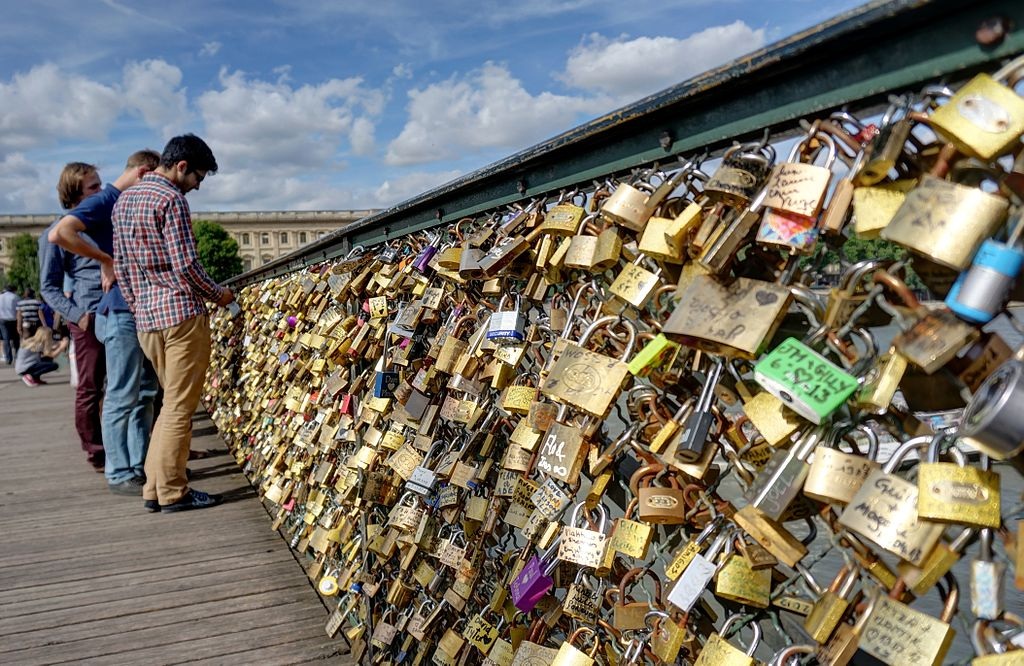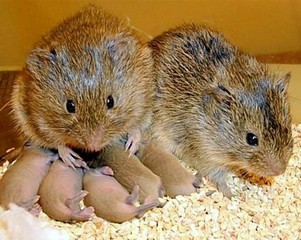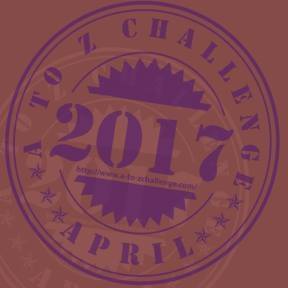Still, most of this weeks posts have been about February, and I said on Wednesday we'd talk about the science of love today. That sounds fun, right?
I promise I'll try to make it less about biology and more about people.
If you ask a biologist they'll either tell you we're looking for a partner who looks like us, or they'll tell you we're looking for a partner who looks like our parents. Or they'll tell you we're looking for someone with nearly perfect symmetry because that means they have better genetics and our possible procreates-to-be will get some of that perfect genetics.
And scientifically we seem to be pretty clear on what's happening in the later stages of falling in love.
I should probably back up and tell you what those stages are, huh?
Your Hypothalamus and You: How to get the little bastard under control.
Helen Fisher is a Biological Anthropologist from Rutgers University, and she's written all kinds of books about how to fall in love and how to keep a relationship and I'm not touching any of that with a ten-foot pole. The part we're here for today is her findings from thirty years of research into human romantic behavior.
Fisher believes humans have developed three separate biological stages for falling in love.
Stage 1 is all about lust. It doesn't seem to be about lust for a specific person--I'm not sure how that works as part of the stages but okay--it's more about your body chemistry being a little high on testosterone and estrogen. One charming article explained it as 'being up for anything' and yeah...not touching that one either.
Stage 2 is our Attraction phase. The silly, lovesick, doodling-the-name-of-your-potential-love-over-and-over-in-everything-you-own phase. It's supposed to be relatively short-lived because:
A) if it wasn't we'd never get anything done, and
B) as any person who's watched a friend go through this stage knows, these people are freaking obnoxious. We'd weed them all out before they got around the to babies part and that would probably be detrimental to our survival as a species.
We get some pretty kick-ass drugs in this phase, including a couple that can also make us temporarily insane: dopamine, norepinephrine, serotonin. Which just sort of explains the rest of that, doesn't it?
Stage 3 is our Attachment phase. Yay, more chemicals! These ones are supposed to help us form long-term, close bonds. Generally through sexual release, but I suppose there are worse ways to find yourself chemically chained to someone. And unless you're worried about lactating or your kidneys don't like you, Oxytocin and Vasopressin aren't all that concerning.
Basically, we're ten pounds of mess in a five pound sack. Either we're all biology or we're all societal conditioning or we're some strange place in the middle. Whichever the answer is, we don't seem to be particularly qualified to be driving that bus. We're not choosing, our genetic programming is, and scientists are probably going to be disagreeing for the rest of our days--or until we manage actual genetic engineering of humans and then this all becomes redundant, right? <--That was sarcasm. I have very strong feelings that this will go badly.
Ultimately I can't be too on board with the science of love. I don't for a second doubt all those things happen, that we get high-jacked by chemicals and then we get hooked on certain ones and the people who inspire those are the people we stick with. And hey, that opens the door on a really compelling conversation about how bad a relationship--that's gotten to stage three--has to get before you'll bale...
But working us down to chemical process and ingrained biology sells us so short of one of the better aspects of human behavior. And sure, this is the process rundown of romantic love but is that all there is? I don't even mean the way we love our children or our pets or our family. What about our friends, or our capacity to find empathy for perfect strangers? If you're going to break us down to chemistry and genetic procreative conditioning, where does that leave all the rest of our needs? Does that mean the rest of our emotional ties aren't real, just because they're not being reinforced biologically?
And--because I'm always trying to tie this stuff into a Science Fiction mindset--what would that mean for us if we evolve past the biological part of the imperative? If romantic love is all about biology, what do we do without the biology?
I don't have answers for any of that--I never do, when we start asking questions on Sci-Fi Friday--but if you've got thoughts I'd love to hear them. Even if you'd just like to grumble about Valentine's Day.



 RSS Feed
RSS Feed
